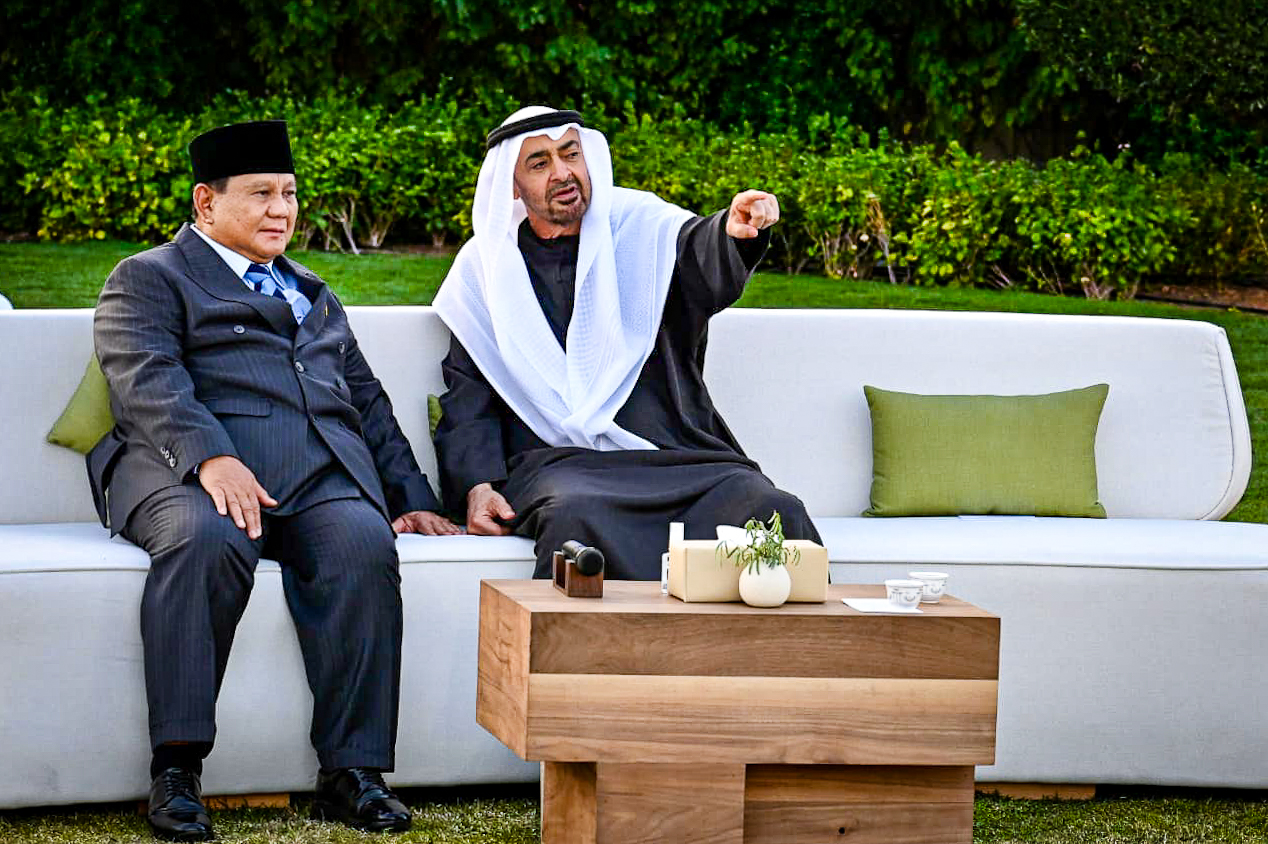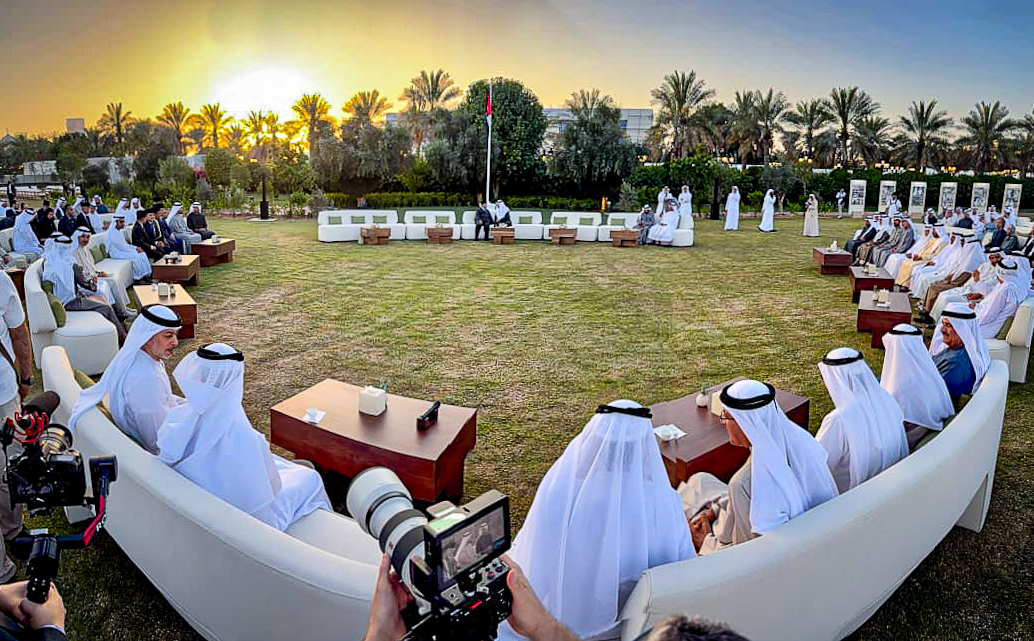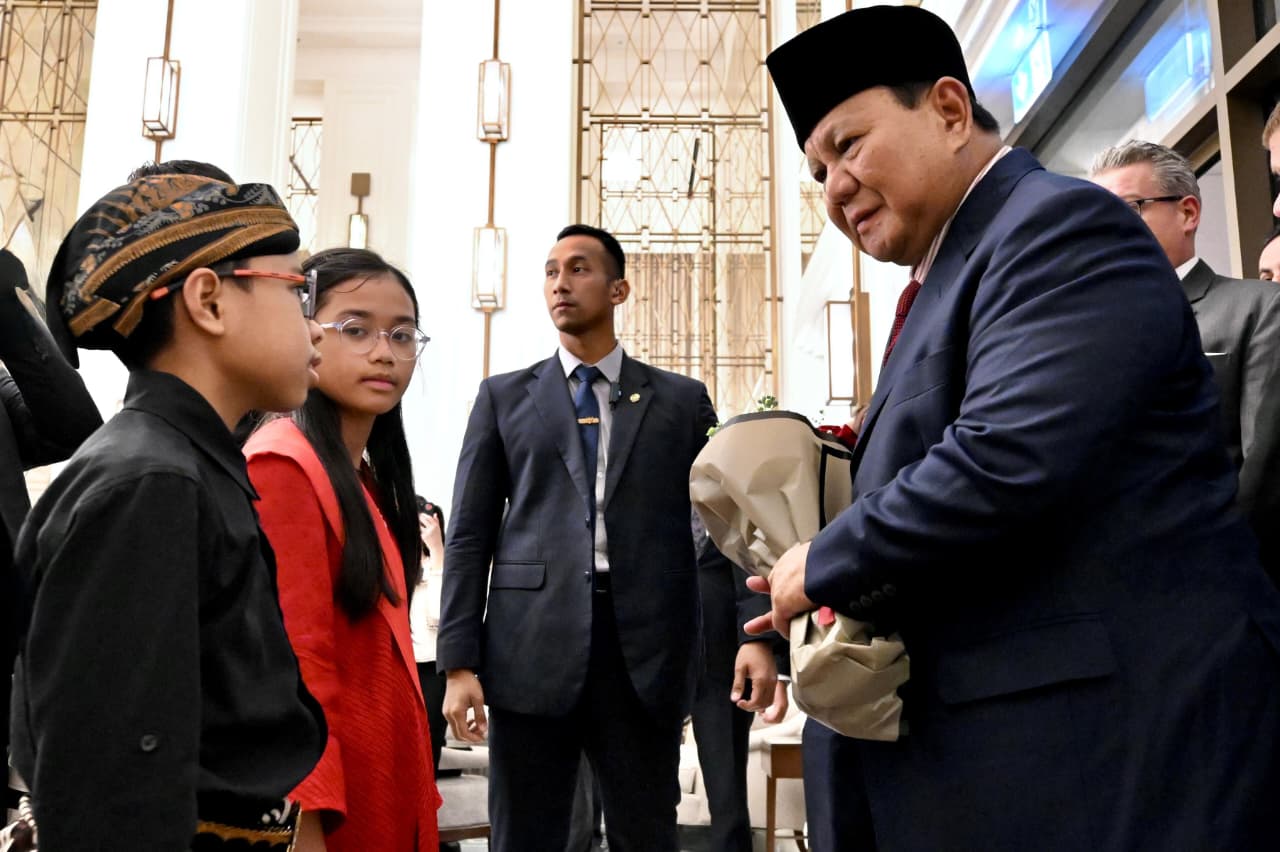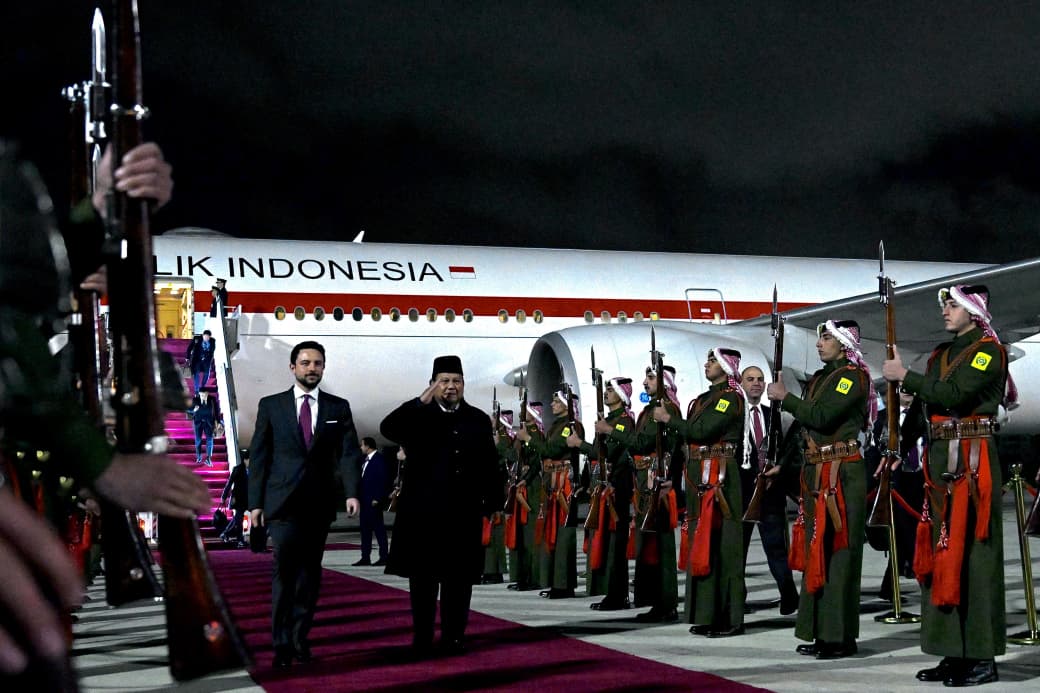President Jokowi Calls for Large Scale De-regulation to Develop e-Commerce Industries
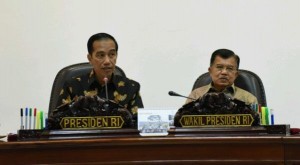
PresidentJokowi, accompanied by Vice President Jusuf Kalla, leads a limited cabinet meeting on the development of digital economy at the Presidential Office, Jakarta, Tuesday (27/9) (Photo by: Public Relations Division/Jay)
President Joko Jokowi Widodo on Tuesday (27/9) at the Presidential Office, Jakarta, led a limited cabinet meeting on the Development of Digital Economy.
In his introductory remarks, President Jokowi mentioned the trend in developed countries that begin initiating a new industrial revolution based on digital economy.
According to President Jokowi, almost all countries are now developing digital economy; thus,Indonesia may not be left behind and also has to follow the trend.
President Jokowi added that Indonesia has big potentials to develop digital economy and digital economy market potentials that is quite big because Indonesia has a population of 250 million people, in which 93.4 million of it are Internet users.
He cited the example in 2014 when the volume of e-commerce in Indonesia was worth US$2.6 billion, with the penetration of only 0.6 percent from the total retailed transaction. In fact, the President added, e-commerce can help around 56 million micro, small, and medium enterprises (MSMEs) that contribute around 55 percent for the Gross Domestic Product (GDP).
President Jokowi also compared e-commerce users in China that already made up to 30 percent of its population and contributes the increase in its GDP by 22 percent.
It is the huge market potentials that must be capitalized on because the President believes that it will become a foundation for Indonesia to become the largest digital economy in South East Asia.Therefore, I call on the immediate implementation of e-commerce development; otherwise, we will be left behind from our neighboring countries, President Jokowi said.
As the initialstep, President Jokowi hopes that the channel between the global logistics platform system with products produced by villages in Indonesia can be built.
Indonesia, the President said, also has to take breakthrough measures to strengthen its digital economy players because Indonesian youngsters are ready to be part of the business. Therefore, President Jokowi hopes that start-up players can be given facilitiesfor access to capital so that their business can grow and be sustainable.
We must do de-regulation in a massive scale to support the development of e-commerce, President Jokowi said, adding that the importance of capacity building training forbeginning e-commerceplayers in order to be able to compete in the business world.
On that occasion, President Jokowi also told Minister of Communication and Informatics to accelerate the development of telecommunication infrastructures needed by e-commerce players.
President Jokowi also shared his experience when he recently visited theheadquarter of Alibaba, worlds biggest e-commerce platform in Hangzhou, China, that can dominate global market due to its own ownership of logistic platform and retail platform.
We like it or not, Indonesia also has to have its own logistic platform and retail platform, President Jokowi said.
Commenting on the information that now BlackBerry Messenger is 100 percent owned by an Indonesian company, President Jokowi hopes that it can be made as an Indonesian platform and Indonesian e-commerce, be it retail platform and logistic platform that can be integrated to Blackberry Messenger.
President Jokowi also told the Working Cabinet Ministers, especially Minister of Communication and Informatics,to pay more attention to the development of e-commerce because in the future it will be a very strategic for business world in the country.
I think we need to protect our e-commerce players; we need to give our supports so we can encourage them to help market products produced in our villages, products of MSMEs in our country. We also have to help themconnect all products in the regencies, cities, and islands all over the country because I think, in the future, it will be the best idea if we have such platforms, he concluded.
The limited meeting was also attended by Vice President Jusuf Kalla, Coordinating Minister for the Economy Darmin Nasution, Minister of State Secretary Pratikno, Cabinet Secretary Pramono Anung, Minister of Communication and Informatics Rudiantara, Minister of Trade Enggartiasto Lukito, Head of the Investment Coordinating Board (BKPM) Thomas Lembong, and Head of Creative Economy Agency (Bekraf) Triawan Munaf. (FID/ES) (EP/YM/Naster)





